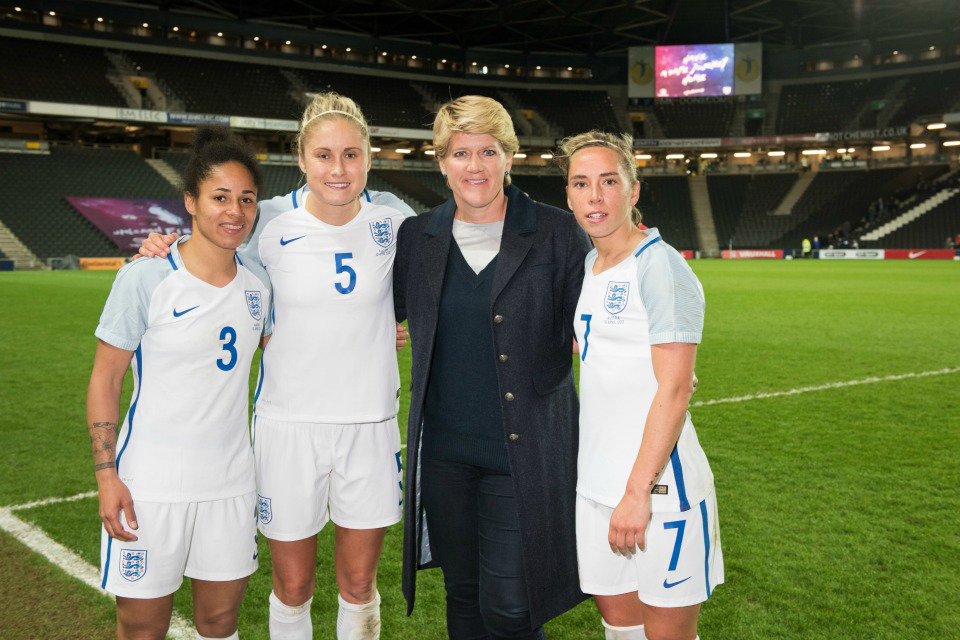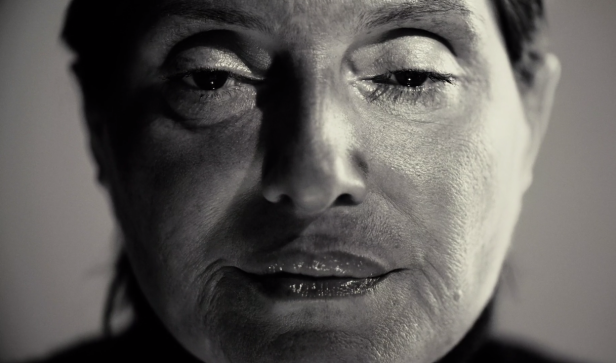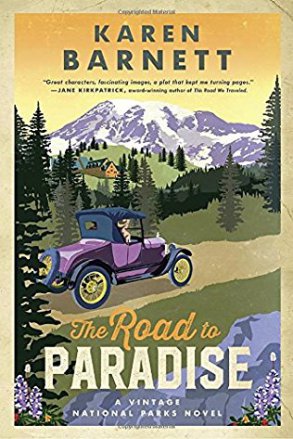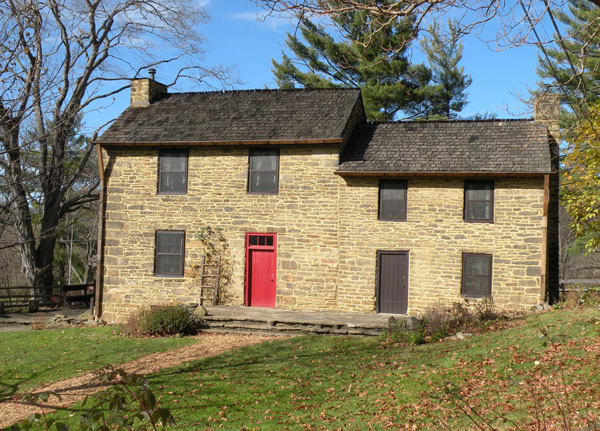Racing is miles ahead of a sport like football, so it deserves some credit, but I just think there is a way to go to achieve equality and it can be done relatively quickly if people are imaginative and proactive about it.
It’s so bloody obvious that I almost bore myself making arguments that I think are really clear, and I just don’t understand why it’s not happening and why it hasn’t happened, when I see it in other industries, music in particular.
You look at all those incredible leading female artists who are not only performers, they’re actually physically fit and strong. They have to be really good publicists and marketeers. They have to be able to run a business and get out there and perform every day.
It’s so clear to me that it’s not just a few women that can do this, it’s a lot of women that can do it.
It’s interesting, I’ve just done a documentary on women’s football being banned from 1921 to 1971. It’s amazing the sense of shame that creates because you’re not going to encourage your kids, your daughters, to do something that has been banned.
 Clare Balding stands with members of the England Women’s Football team. Photo Credit: Eleanor Bentall, Channel 4
Clare Balding stands with members of the England Women’s Football team. Photo Credit: Eleanor Bentall, Channel 4
Unless you’re really forward thinking and think it was ridiculous that it was banned, there is a sense of ‘oh no that’s not right’. So if women weren’t allowed to train racehorses and they weren’t allowed to ride till the late 60’s early 70’s, the hangover of that takes a long time to remove it.
It certainly shouldn’t be there anymore because most people working in racing yards weren’t born in the 70’s.
I think more work can be done to actively promote, and I use that term deliberately, women. Racing absolutely depends on a female workforce, but a bit like the NHS, women tend to be in the lower paid, labour intensive jobs and something is stopping them rising through the ranks to the higher paid, better looked after positions.
Advertisements Share this:





